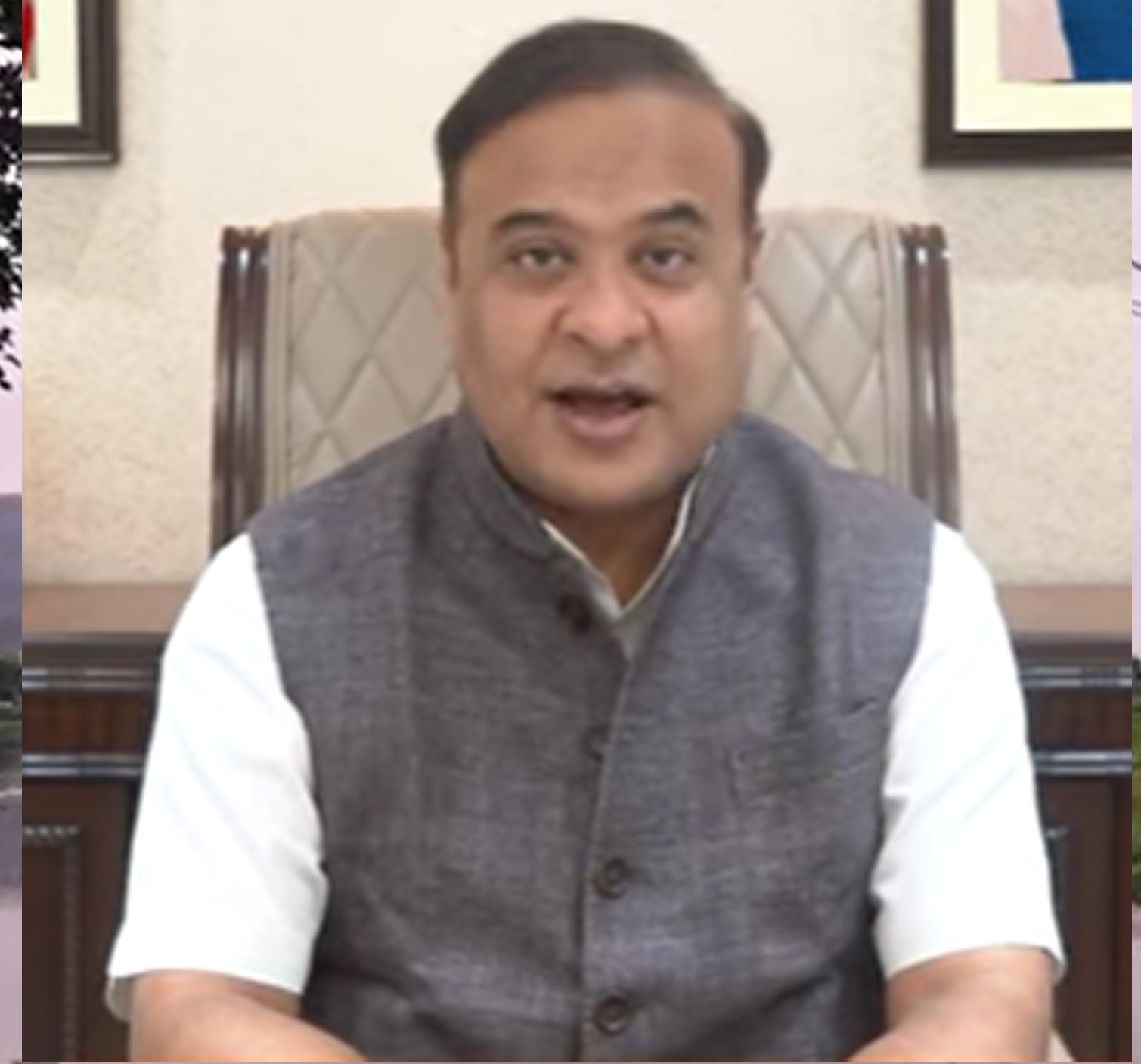
The Chief Minister of Assam, Himanta Biswa Sarma, has announced the formation of a three-member panel tasked with drafting a new law aimed at prohibiting polygamy in the state. The committee includes Advocate-General Devajit Saikia, Legal Remembrancer Kuntal Sharma Pathak, and Director-General of Police Gyanendra Pratap Singh. The Chief Minister expressed optimism that the committee could complete the draft within 45 days, paving the way for the introduction of an anti-polygamy Bill during the December session of the 126-member Assembly. This initiative aligns with a pre-2021 Assembly election commitment to combat practices like polygamy and address concerns related to “love jihad.”
Before proceeding with the formation of the committee to draft an anti-polygamy law, the Assam government sought to determine its legal authority in this matter. The committee, led by Justice Rumi Phookan (retired), conducted a thorough examination of the provisions within the Muslim Personal Law (Shariat) Act, 1937, in conjunction with Article 25 of the Indian Constitution. This analysis was conducted within the context of the Directive Principles of State Policy, with the aim of addressing issues related to a uniform civil code. The committee concluded that the state government indeed possesses the right to enact such legislation. . Chief Minister Himanta Biswa Sarma confirmed this decision to the media.
The State government had solicited public input regarding the proposed anti-polygamy law. Out of the 149 individuals and organizations that provided feedback, 146 were in favor of the legislation, while only three expressed opposition.
The Chief Minister had previously noted a prevalence of polygamy cases in the Bengali-speaking Muslim communities residing in southern Assam’s Barak Valley and central Assam’s Jamunamukh and Hojai regions. In contrast, he emphasized that instances of polygamy were relatively rare among educated individuals and indigenous Muslim populations